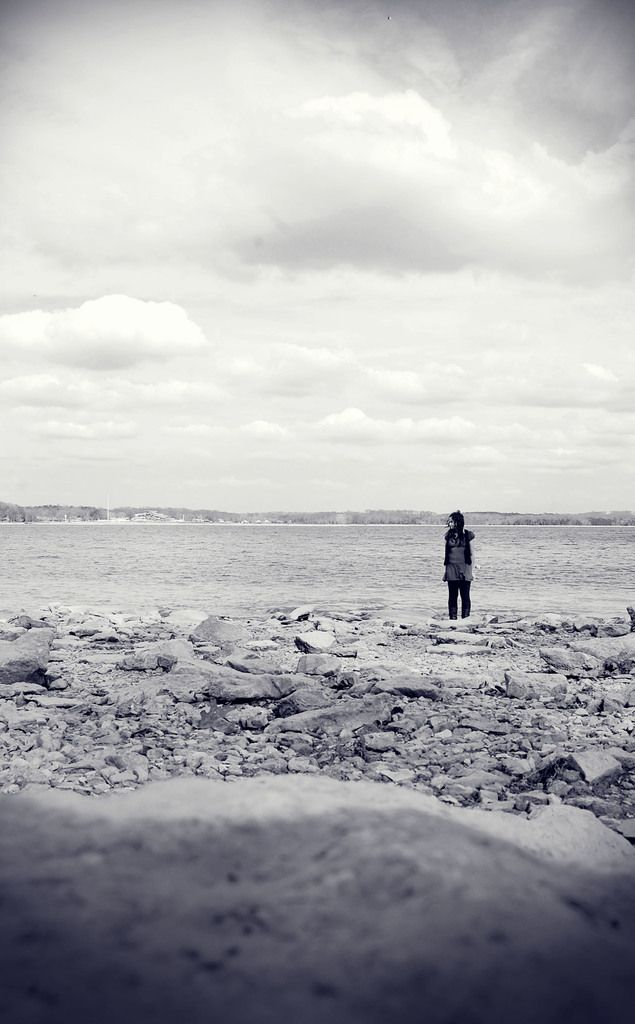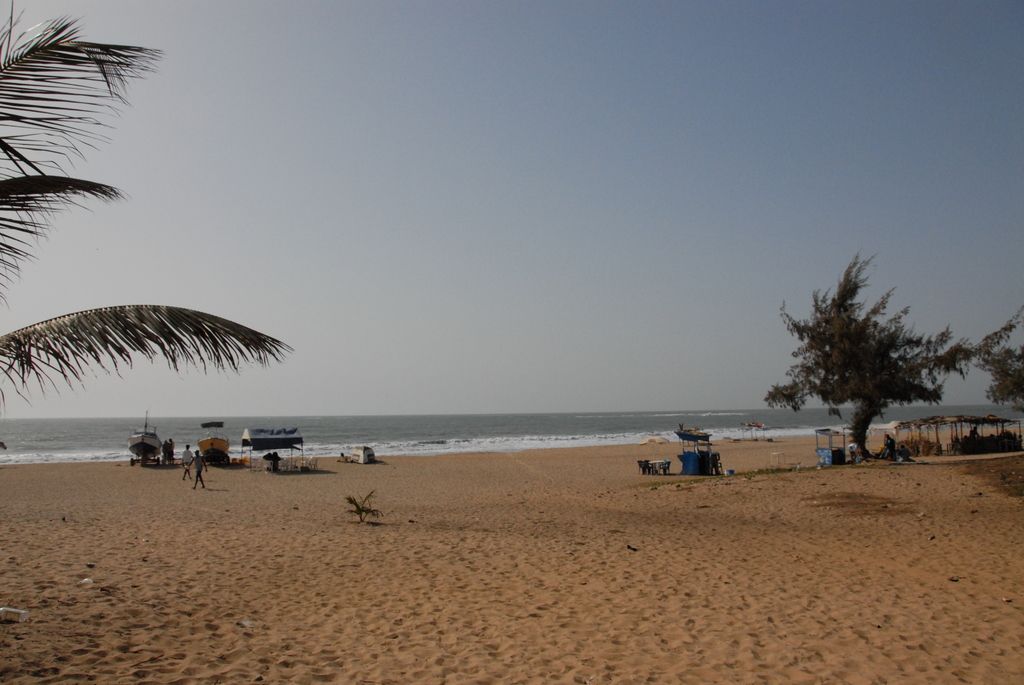Thuringia Sports Facilities: Pushing for More Funding from the Federal Government
Increased Federal Allocations for Sports Infrastructure - The Left Calls for Enhanced Government Expenditure - Federal Funding for Sports Arenas - Left Calls for Increased Allocation from National Government
Let's dive into the current state of sports facilities in Thuringia and why some are calling for additional funding from the federal government.
Mario Voigt, Minister President of Thuringia's CDU, recently allocated 2.5 million euros to the State Sports Association for a program promoting sports facilities. This budget boost, totaling an additional 500,000 euros in 2021, marks an emphasis on the importance of sports in fostering community, connecting generations, and fostering cohesion.
One recipient benefiting from the funds is SV Blau-Weiß 90 Neustadt (Orla), who will receive 369,000 euros for renovating their artificial turf pitch. Yet, the total project costs reach 615,117 euros, presenting a clear gap in funding.
A large renovation backlog looms over Thuringian sports facilities, with around 40% in need of renovation or modernization. The investment backlog surpasses an astounding 1.3 billion euros. While the promotional program managed to fund 47 out of 97 projects registered with the State Sports Association, applications for funding totaled five million euros, which leaves a considerable portion unmet.
In response, Andreas Schubert, the sports policy spokesman of the Left faction in the state parliament, has called for the state government to lobby for more funding from Berlin in the Bundesrat. Schubert argues that the federal government should funnel at least one billion euros annually for 15 years towards sports facilities nationwide to help alleviate this substantial need.
While there's no imminent centralized proposal or announcement focusing solely on sports facilities in Thuringia in recent official documents or news, several ongoing and upcoming funding mechanisms may tap into sports infrastructure as part of broader regional development or research strategies.
For instance, the University of Jena recently secured two "Clusters of Excellence" as part of the German Excellence Strategy, bringing millions in federal and state funding for research and related infrastructure. Although these funds primarily support scientific research, they could help elevate Thuringia's profile, which might indirectly strengthen the case for improved community facilities, especially university-connected ones.
The OECD's "Place-Based Policies for the Future" report advocates targeted investment in regions to address specific needs, including infrastructure. Although sports facilities aren't singled out, improved public and community infrastructure is a recurring theme in these policies, opening possibilities for sports facilities within these investments if deemed a regional priority.
In summary, while specific federal or EU programs for Thuringian sports facilities aren't currently announced, several upcoming funding streams—particularly in research and regional development—may be utilized for such projects if sports are integrated into broader investment plans. Local advocacy and proposals would be instrumental in making sports facilities a priority for these resources.
- The financing of sports facilities in Thuringia remains a key topic, with Andreas Schubert, the sports policy spokesman of the Left faction in the state parliament, urging the state government to lobby for more funding from the federal government in the Bundesrat, suggesting an annual investment of at least one billion euros for 15 years.
- In addition to direct funding, relevant policies such as the OECD's "Place-Based Policies for the Future" report emphasize the importance of targeted investment in regional infrastructure, leaving possibilities for sports facilities within these investments if deemed a priority.






